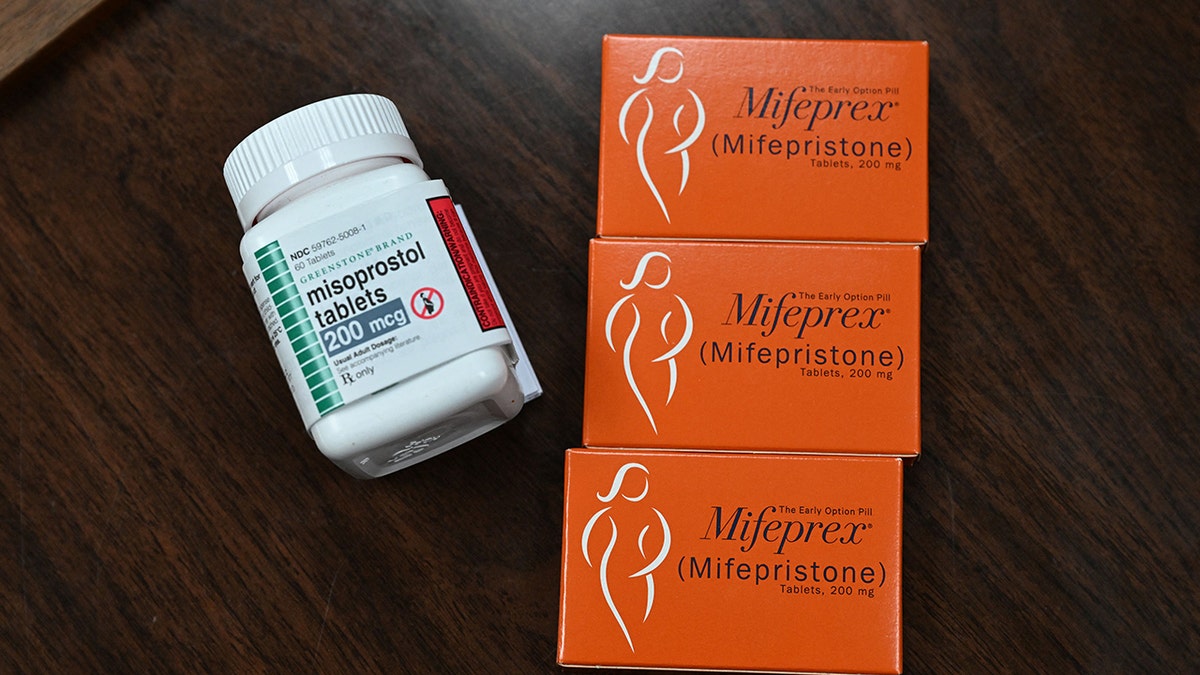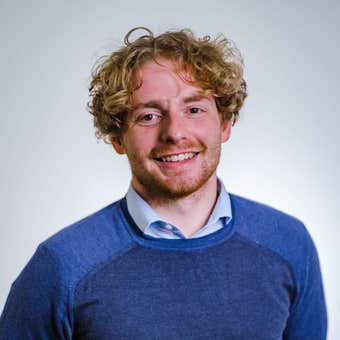Gov. Chris Sununu warns GOP messaging on abortion 'doesn't play well' ahead of 2024
New Hampshire Gov. Chris Sununu discusses the need for the Republican Party to have cohesive messaging ahead of the 2024 election in order to avoid losses seen in the 2022 midterm.
As reported by The Guardian, a group of abortion providers are fighting back against abortion rights restrictions by training primary care clinicians all over the U.S. in an easy and convenient abortion method that uses a "hand-held device."
Doctors from the MYA Network, which the outlet described as "a network of primary care clinics and clinicians in 16 states," are seeking to train more primary care centers in the U.S. to provide "manual uterine aspiration," an abortion procedure that "uses a small, hand-held device to remove pregnancy tissue."
The outlet described the procedure and device used with it as "gentle enough that the tissue often comes out almost completely intact."

A woman, who chose to remain anonymous, talks to Doctor Audrey (R) before receiving an abortion at a Planned Parenthood Abortion Clinic in West Palm Beach, Florida, on July 14, 2022. (CHANDAN KHANNA/AFP via Getty Images)
The Guardian added, "It is also a quick and discreet procedure where a patient might be in and out of the door in less than an hour."
Kaiser Permanente’s site provided further details about the procedure, noting that it involves "gentle suction to remove the contents of the uterus." Manual uterine aspiration is one of two common methods of vacuum aspiration that "involves the use of a specially designed syringe to apply suction. A thin tube is passed into the uterus. Then a valve is released that creates suction to remove the tissue."
The entry described it as a "minor medical procedure," commonly used to end pregnancies in the first trimester.
The Guardian spoke to Joan Fleischman, an abortion clinician in Manhattan, New York and co-founder of the MYA Network who sang the praises of the convenient abortion procedure and expressed her desire to see it spread to clinics nationwide as abortion rights are restricted throughout the country.
She mentioned a high demand for this easy and simple abortion procedure that she provides in her own clinic, remarking on how people travel from Texas and other states for her to treat them with the method.
FDA TO PERMIT SOME RETAIL PHARMACIES TO DISPENSE ABORTION PILLS

Mifepristone (Mifeprex) and Misoprostol, the two drugs used in a medication abortion, are seen at the Women's Reproductive Clinic, which provides legal medication abortion services, in Santa Teresa, New Mexico, on June 17, 2022. Mifepristone is taken first to stop the pregnancy, followed by Misoprostol to induce bleeding. (ROBYN BECK/AFP via Getty Images)
She said, "Usually if somebody needs unusual medical care, they are willing to fly around the world for it – like for advanced neurosurgery or something. It’s always struck me as incredible that people are flying to me for the most simple procedure."
Her network was founded in part to promote the spread of this procedure throughout the U.S. The outlet claimed that members of the network "believe the tool could be radical in the hands of more primary care clinicians – clinicians they are amping up to train."
According to network, the procedure is now urgently needed. The Guardian described the stakes, saying, "The future of mifepristone, a major abortion pill used in more than half the abortions in the US, is in question due to a lawsuit brought by anti-abortion groups seeking to overturn the FDA’s approval of the drug. It could be determined by the same supreme court that ruled last year to overturn Roe v Wade."
Manual Uterine Aspiration is not a new procedure, though the MYA Network says the clinics that employ it are "overstretched," hence the network’s desire to make it much more common. The Guardian noted that "while more than 73% of primary care doctors believe abortion care to be within their scope of practice, a tiny fraction – less than 10% – of primary care doctors actually provide it."
CLICK HERE TO GET THE FOX NEWS APP
The network is set to "unveil an online curriculum and in-person trainings for the procedure" so that doctors everywhere can provide this simple procedure.
Doctor and MYA Network member Michele Gomez told the outlet, "The number of clinicians who could be trained would be limitless. There are so many clinicians out there who want to do something to help but just don’t know how, and this information and support could be a gamechanger."












































